ORISE Symposium
ORISE has long been committed to shaping the future of science through its internships, fellowships and STEM workforce development initiatives. With a strong focus on supporting early-career scientists, ORISE continually seeks innovative ways to share knowledge and provide tools for success. It was this commitment that led to the creation of the inaugural ORISE Symposium in 2025.
The annual symposium will serve as a platform for collaboration, learning and inspiration, featuring engaging sessions, a poster session showcasing the research of ORISE program participants and the ceremonies recognizing the winners of the ORISE Ignite Off! Competition and Future of Science Awards.
ORISE Symposium 2025: Sharing insights, showcasing innovation and celebrating excellence
The theme of the 2025 event was “STEM Storytelling,” underscoring the importance of communication in advancing scientific careers and fostering meaningful connections.
Hit them hard, hit them fast
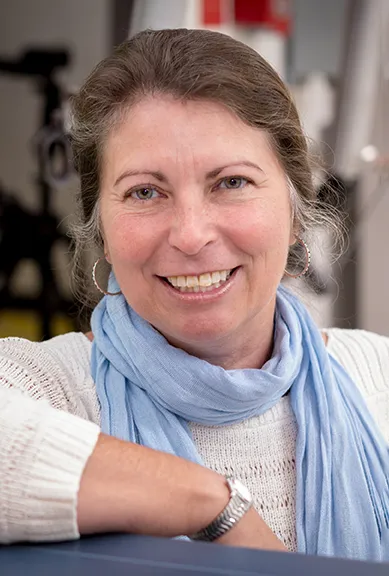
Julie Ezold, senior technical advisor at ORNL, gave the opening keynote address.
Julie Ezold, senior technical advisor at Oak Ridge National Laboratory (ORNL), opened the symposium with a keynote address aimed at helping scientists hone their communication skills. Ezold emphasized the importance of tailoring scientific explanations to specific audiences, simplifying complex concepts and avoiding the “curse of knowledge,” which is the tendency to share excessive details that may overwhelm listeners.
“When someone asks you what you do, don’t tell them what you went to school for. Tell them what you do,” Ezold advised.
Drawing from her training at the Alan Alda Center for Communicating Science at Stony Brook University, Ezold shared how improvisational exercises helped her develop quick thinking and clarity in explaining intricate scientific topics. She recounted using a periodic table shower curtain and a concise elevator pitch to explain her role in the discovery of the element Tennessine to a group of second graders.
“I make isotopes that could go to Mars, cure cancer and improve our quality of life,” she told the class. Her ability to connect with young students demonstrated the power of clear, relatable communication. “If I can explain the discovery of a new element to 7-year-olds and they understood it, then I got it right,” Ezold added.
No such thing as the perfect job
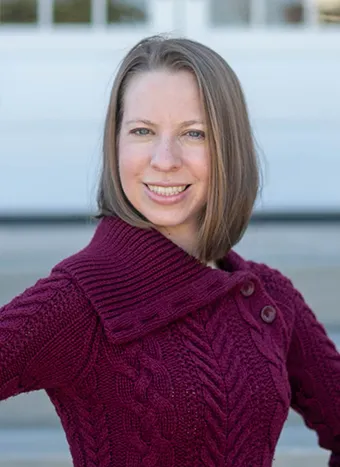
Stephanie Pearl, founder and principal of Adaptive Roots Consulting, offered insight as a former ORISE fellow.
Stephanie Pearl, Ph.D., founder and principal of Adaptive Roots Consulting, shared her expertise on navigating career uncertainty and cultivating communication skills for professional success. As a former ORISE fellow at the United States Department of Agriculture Agricultural Research Service (USDA-ARS), Pearl brought firsthand experience to her session.
She encouraged attendees to embrace the reality that no job is perfect, as every role comes with challenges. “The best job for you can be found at the intersection of your strengths, what’s important to you—like a company’s values, flexible scheduling, etc.—and current opportunities,” Pearl explained.
Acknowledging the competitive job market, Pearl noted that it typically takes six to nine months for job seekers to secure a position. She urged early-career scientists to remain open to unexpected opportunities because these can lead to fulfilling careers in areas they hadn’t initially considered.
AI doesn’t know what is true and what is false
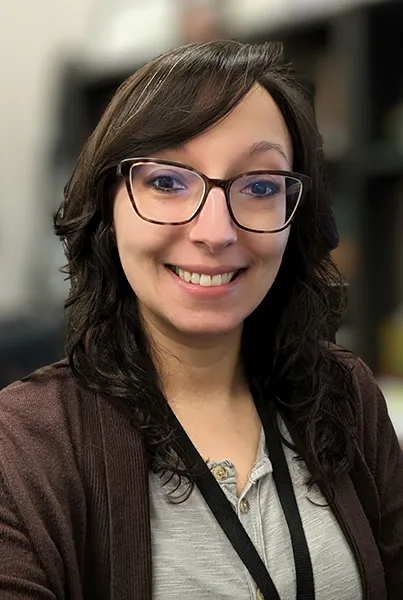
Janine Pino, data librarian at ORNL’s Research Library and Information Services, shared wise usage of AI.
Janine Pino, a data librarian at ORNL’s Research Library and Information Services, provided a comprehensive session on artificial intelligence (AI), covering its potential benefits and challenges in scholarly research.
While AI can streamline tasks such as idea generation and computer coding, Pino warned of its pitfalls, including data quality issues, bias, copyright concerns, ethical considerations and the risk of misinformation. “AI doesn’t know what’s true,” she emphasized, explaining that current AI platforms rely on statistical analysis of existing data rather than producing original insights.
Pino advised attendees to double-check AI-generated outputs with reliable sources before using them professionally. She also warned against uploading proprietary information or original research into AI platforms, as this data could be repurposed by others.
Tell the story
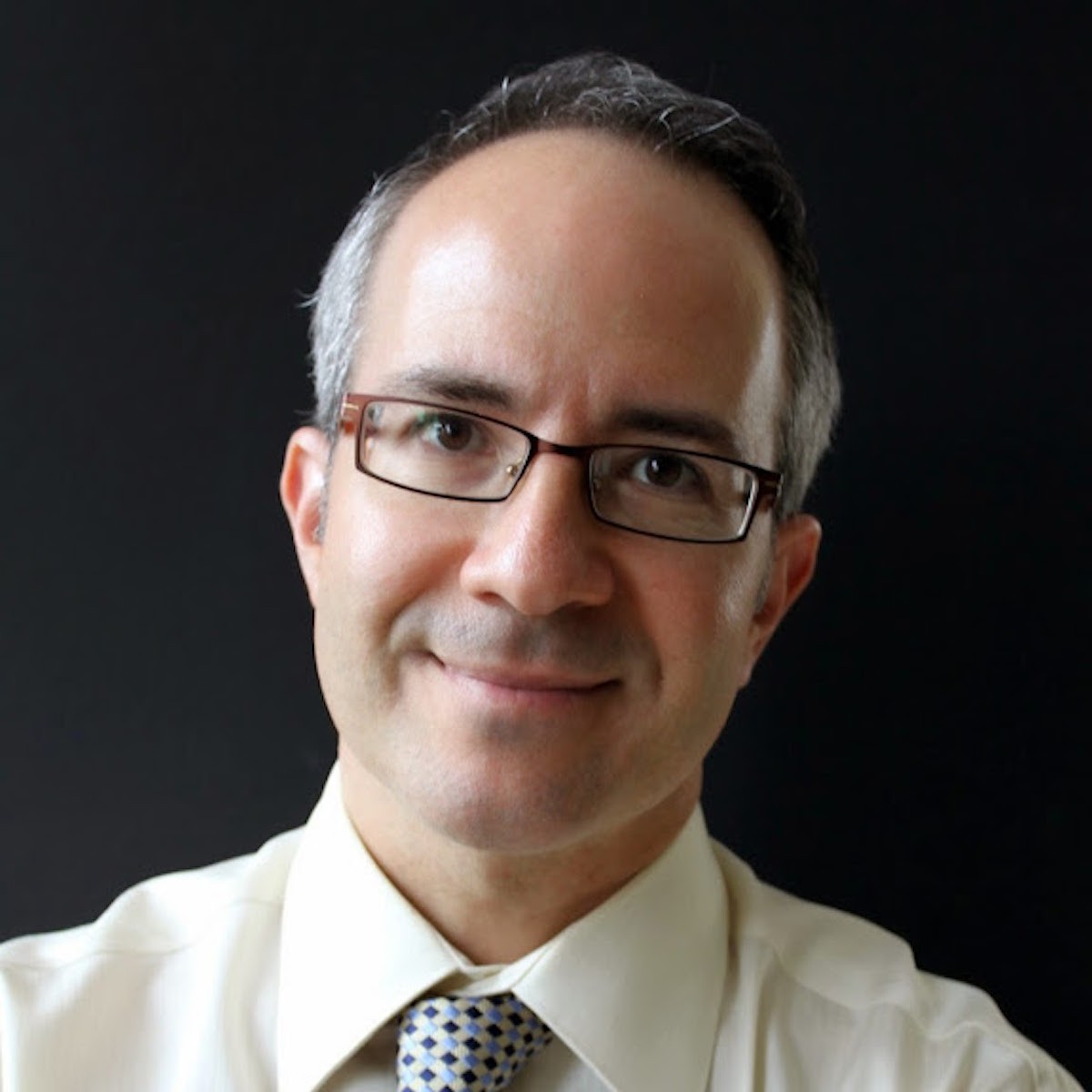
Corey Powell, science writer, editor and communicator, participated in a conversation with a moderator during the ORISE Symposium.
For the last speaker, ORISE’s Nicole Merrifield, outreach and engagement manager, interviewed Corey Powell, science writer, editor and communicator. Powell contributed to the symposium conversation by offering his experience with STEM storytelling. Powell emphasized that research success hinges on the ability to effectively convey both the purpose and significance of one's endeavors. “Research success depends on being able to articulate what you’re doing and why you’re doing it,” he stated.
Powell explained that humans are natural storytellers, and to achieve scientific goals, scientists must return to the fundamentals of communication. He encouraged attendees to "unlearn" many of the data-driven tendencies ingrained through the research process, as these can sometimes hinder effective storytelling.
“The type of communication that we learn through the research process is a somewhat artificial structure that is imposed on the way the human brain works,” Powell noted. “It’s extremely effective. It’s great at weeding out bias and clarifying your methods. It does great things, but it’s not great for communicating.”
Powell underscored the importance of balancing clear, concise explanations with genuine passion to inspire action, whether it’s securing funding, forging new collaborations, or advancing within an academic department. By combining storytelling with scientific rigor, early-career scientists can make what they do more relatable, impactful and memorable.
Showcasing research, celebrating excellence
As part of the symposium, 30 participants in ORISE-administered internship and fellowship programs presented their research during a virtual poster session. This engaging event provided a platform for participants to share their findings with peers, mentors and others in the ORISE community.
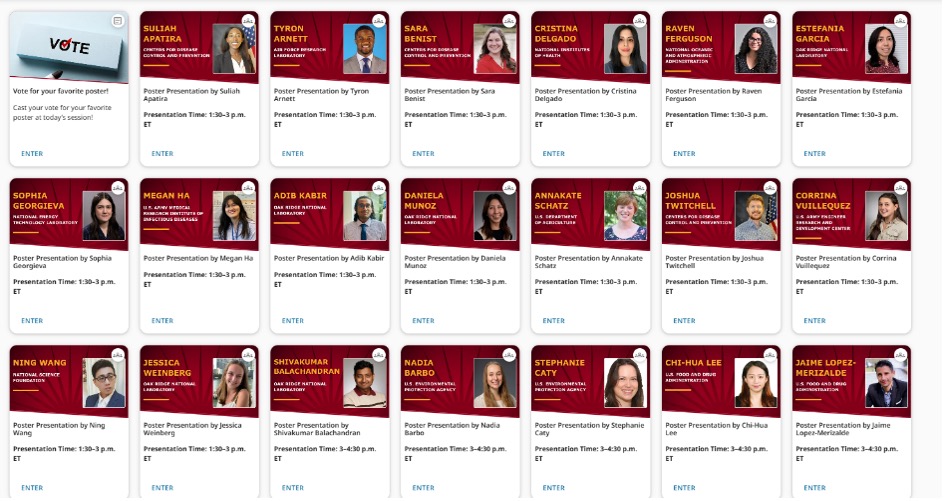
Each presenter at the ORISE Symposium virtual poster session had a booth where they could engage with attendees in live video chats.
In addition, the symposium included a ceremony recognizing the winners of this year’s All ORISE Ignite Off! Competition, an annual event that showcases the innovative research of interns and fellows in ORISE-administered programs through dynamic, five-minute Ignite Talks.
The symposium concluded with the presentation of the annual Future of Science Awards, which celebrate excellence among ORISE participants and mentors.
Looking ahead
The ORISE Symposium 2025 demonstrated the organization’s commitment to cultivating the next generation of the nation’s scientific workforce. By equipping participants with communication skills, career strategies and insights into emerging technologies, ORISE continues to pave the way for scientific advancement and professional growth.
Be sure to visit this page regularly for updates and announcements about ORISE Symposium 2026!

